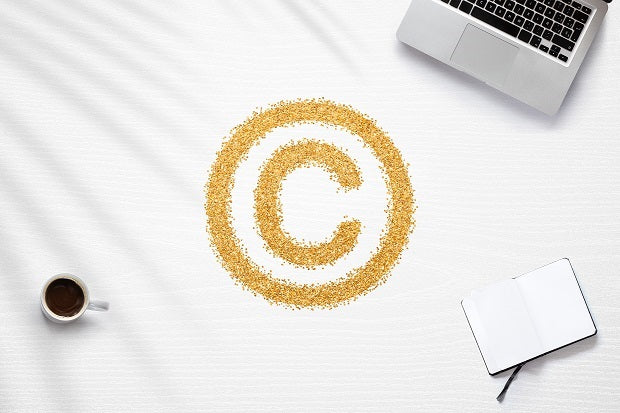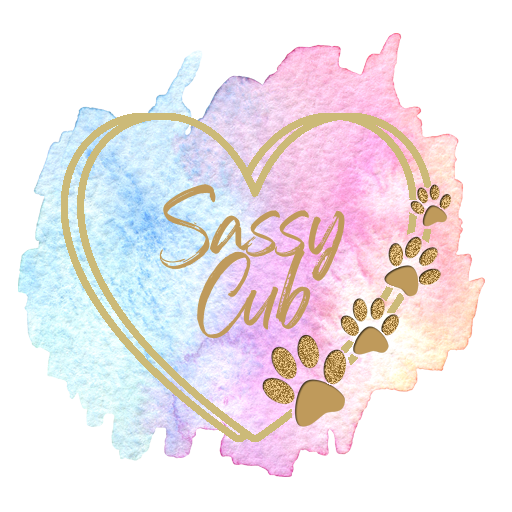
Copyright Law & Custom Clothing Printing
Printing custom clothing has become increasingly popular in recent years, with the increase in online retailers that allow individuals to upload their own images or artwork for printing onto t-shirts, hoodies, and other apparel. While this may seem like a fun and easy way to express oneself through fashion, it is important to understand the intellectual property laws that govern the use of copyrighted, trademarked, or otherwise protected images and designs. In this article, we will explain the basics of intellectual property, copyright, trademark, and what customers can and cannot upload as their own image or artwork.
What is Intellectual Property?
Intellectual property (IP) is a legal concept that refers to creations of the mind, such as inventions, literary and artistic works, symbols, names, and images used in commerce. IP rights are designed to protect the rights of creators and owners of these works, and to encourage innovation and creativity by providing incentives for individuals to invest time, effort, and resources into creating new works.
Copyrights and Printing Customized Clothing
Copyright is a form of intellectual property that protects original works of authorship, such as literary, artistic, musical, and other creative works. Copyright protection applies to both published and unpublished works, and gives the copyright owner the exclusive right to reproduce, distribute, display, and perform the work, as well as to create derivative works based on the original.
When it comes to printing customized clothing, copyright law is particularly important, as the images and designs that customers upload for printing are likely to be protected by copyright. For example, if a customer uploads a photograph that they took themselves, they would own the copyright to that photograph and would be able to control how it is used.
However, if a customer uploads an image or design that they did not create themselves, they may be infringing on someone else's copyright. In order to avoid copyright infringement, it is important to ensure that the images or designs that are uploaded for printing are either in the public domain (i.e., not subject to copyright protection), or that the customer has obtained permission from the copyright owner to use the image or design.
Trademarks and Printing Customized Clothing
Trademarks are another type of intellectual property that can come into play when printing customized clothing. A trademark is a word, phrase, symbol, or design that identifies and distinguishes the source of a particular product or service. Trademarks are often used to protect brand names, logos, and slogans, and are an important tool for businesses to build and maintain their reputation and customer loyalty.
When it comes to printing customized clothing, customers should be careful not to use trademarks in a way that could create confusion with an existing brand. For example, if a customer uploads an image or design that incorporates a well-known brand's logo, they may be infringing on the brand's trademark rights.
So What Can Customers Upload For Printing Onto Customized Clothing?
In general, customers should only upload images or designs that they have created themselves, or that are in the public domain. If a customer wants to use an image or design that is subject to copyright or trademark protection, they should obtain permission and be able to evidence such permission if requested.
Here are some specific examples of what can and cannot be uploaded for a custom print:
What can be uploaded:
-
Original artwork: Customers can upload their own original artwork that they have created themselves. This includes drawings, paintings, and digital designs.
-
Public domain images: Images that are in the public domain, meaning they are not subject to copyright protection, can be uploaded for printing. Examples include old photographs or artwork whose copyright has expired.
-
Royalty-free images: Customers can purchase or download royalty-free images that are specifically designated for commercial use, meaning they can be uploaded for printing.
What cannot be uploaded:
-
Copyrighted images: Images or designs that are subject to copyright protection cannot be uploaded for printing without permission from the copyright owner.
-
Trademarks: Using a well-known brand's logo or name in a design is likely to infringe on the company's trademark rights.
-
Offensive or illegal content: Custom designs that contain hate speech, pornography, or other offensive or illegal content are not allowed.
It is important for customers to carefully review the terms of service and policies of the printing service they are using. Many printing services have strict rules regarding what can and cannot be uploaded for printing, and may cancel orders or refuse to print designs that violate their policies.
In addition to understanding the legal implications of uploading copyrighted or trademarked images, customers should also be aware of the quality of the images they are uploading. Low-quality images may not print well, resulting in a poor-quality final product. Customers should aim to upload high-resolution images that are at least 300 dpi (dots per inch) in order to ensure the best possible results.
Conclusion
Printing customized clothing is a fun and creative way to express oneself, but it is important to understand the legal and ethical implications of using copyrighted or trademarked images. By only uploading original artwork or images that are in the public domain or royalty-free, customers can ensure that they are not infringing on the rights of others. With these considerations in mind, customers can enjoy the fun and creativity of printing customized clothing while staying on the right side of intellectual property laws.
